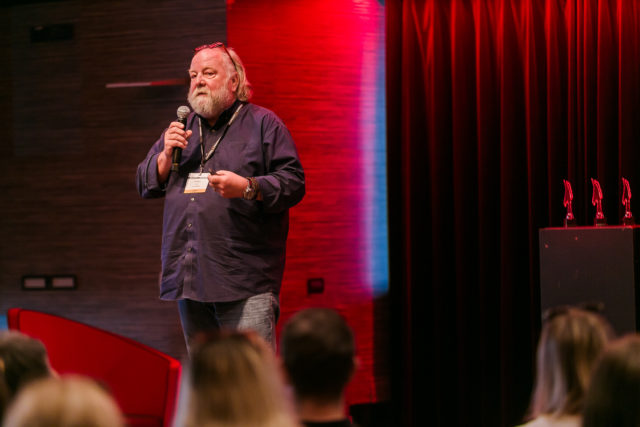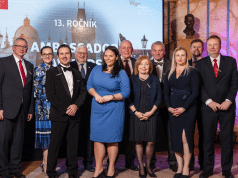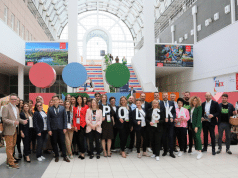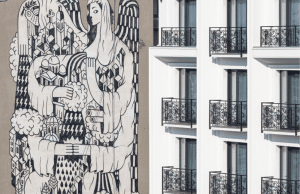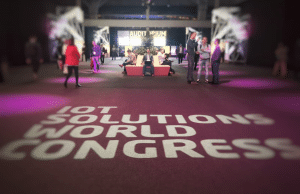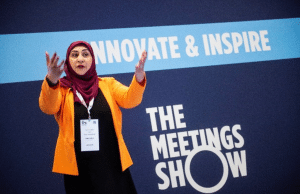The Future Now
I think it’s a big ask for anyone to accurately predict the future. Many have tried with varying degrees of success. And then, of course, there’s the question of what impact our speculation on the future might actually have on what actually happens in the future. Can we create a future by prediction or is the future ultimately beyond our control?
I am of the opinion that we can have a very direct influence on the future. We can see the signs, read the writing on the wall and wake up and smell the coffee and then take very specific actions to create the future outcomes we desire. This is called design. In a world where things actually happen either by accident or by design, I believe we have an obligation and opportunity to actively imagine and then design our own destiny.
Nowhere is this more possible than in the events industry. We can very clearly see the rapid changes and emerging trends that will undoubtedly have an impact on the future of this industry.
For example, some of the trends that will define an industry future we can predict with a fair degree of confidence include:
New Audiences
The nature of event audiences will continue to change. In the future thinking of event-goers as a passive audience to be presented will be gone. Emerging event audiences are digitally enabled, more demanding, more impatient and have high expectations that events will be more engaging, personalized and participatory. These Millennial and even younger audiences do not remember a time before computers and mobile phones and these devices have become central to how they experience the world. The most successful event experiences will be based on significant strategic knowledge of these new target audiences.
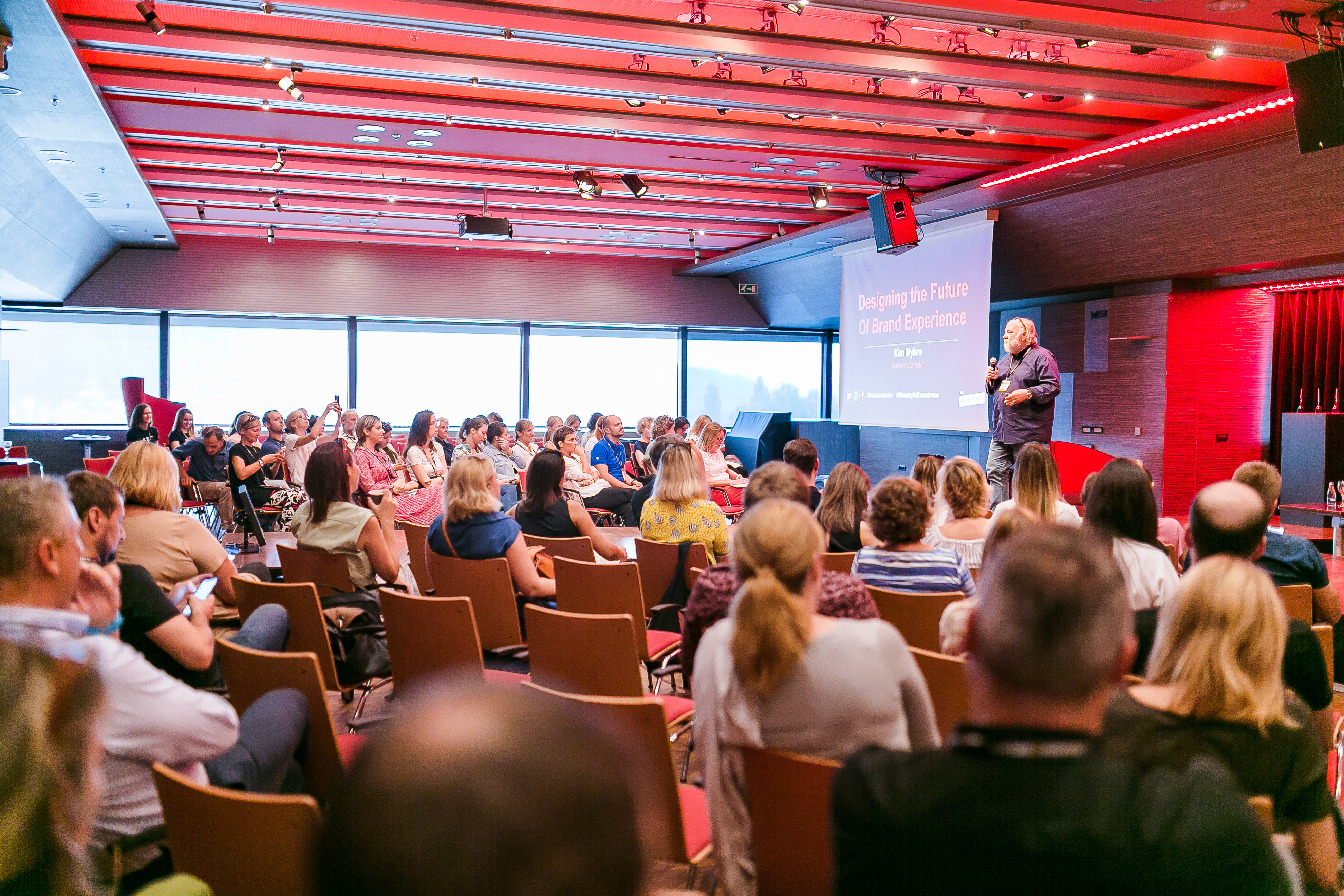
More personalisation
We are rapidly moving into an era of personalisation. Event audiences are no longer happy to be one of a crowd. They will insist that events and brand experiences recognise them and know what they value. And this personal insight will uncomfortably reach beyond the traditional demographic data and job function demographics we have relied on the past. In our experience marketing future having a deeper understanding of what makes each of us behave as multidimensional humans, not just our values and motivations at work, will become even more essential.
Changing experience formats
Changing audiences ultimately mean that event and experience formats must evolve. Relying on the traditional approaches and expertise that the events industry has been using for years to design event experiences will not be sufficient to create the next generation of events. Continuing to design events in a traditional, logistics-led way limits our potential to create engaging experiences that connect attendees in much more meaningful, memorable and shareable ways.
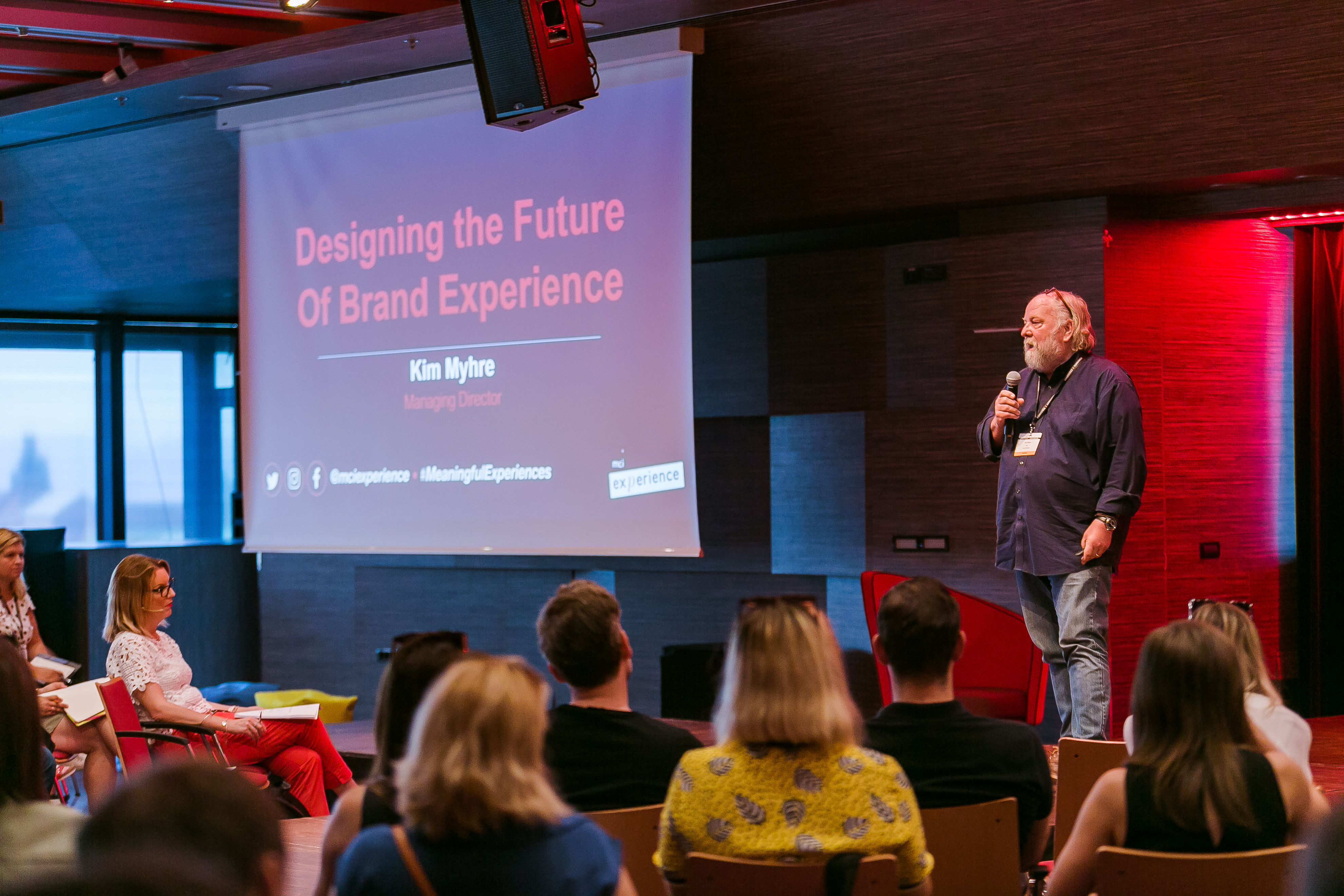
More, better Technology
One thing future sages don’t need to debate or worry about is whether technology is going to be an integral part of future live experience. We will continue to see breakthroughs in new experience technologies, apps, social media, AI, VR, drones, interactive video, projection mapping, holograms and more. What we now need to think about is how we apply this dizzying array of technology in the best and most meaningful ways to enhance and extend the experience?
A new approach
Over the next few years expect to see an increasing amount of corporate marketing budget moving to experiences as marketers come to recognize the value of experience as a powerful approach to building and sustaining strong customer relationships and creating opportunities for brand innovation and growth.
The most successful brand experiences will be based on significant strategic knowledge of the brand and its target audience. This insight will be applied to creatively design an experience that is specifically intended to achieve the brand’s objectives. Future experience marketing strategies will need to consider all of the relevant touchpoints, both live and online for the client to enjoy success and this will require an increasingly diverse range of skills.
As a result, the future will require new, more interdisciplinary approaches to the design and implementation of experiences. Sometimes the best ideas come from the least likely places. An interdisciplinary mindset requires a reframing of what diversity means, creating collision-prone environments, looking outside what we know and even placing ourselves in uncomfortable situations. But this mindset is critical to innovation and the future of experience design.
What Next?
In the end, the future of the experience industry will be very promising for those who have the courage to imagine and the commitment to design and pursue an unfamiliar future rather than continue to resist transformational change that is surely coming.


